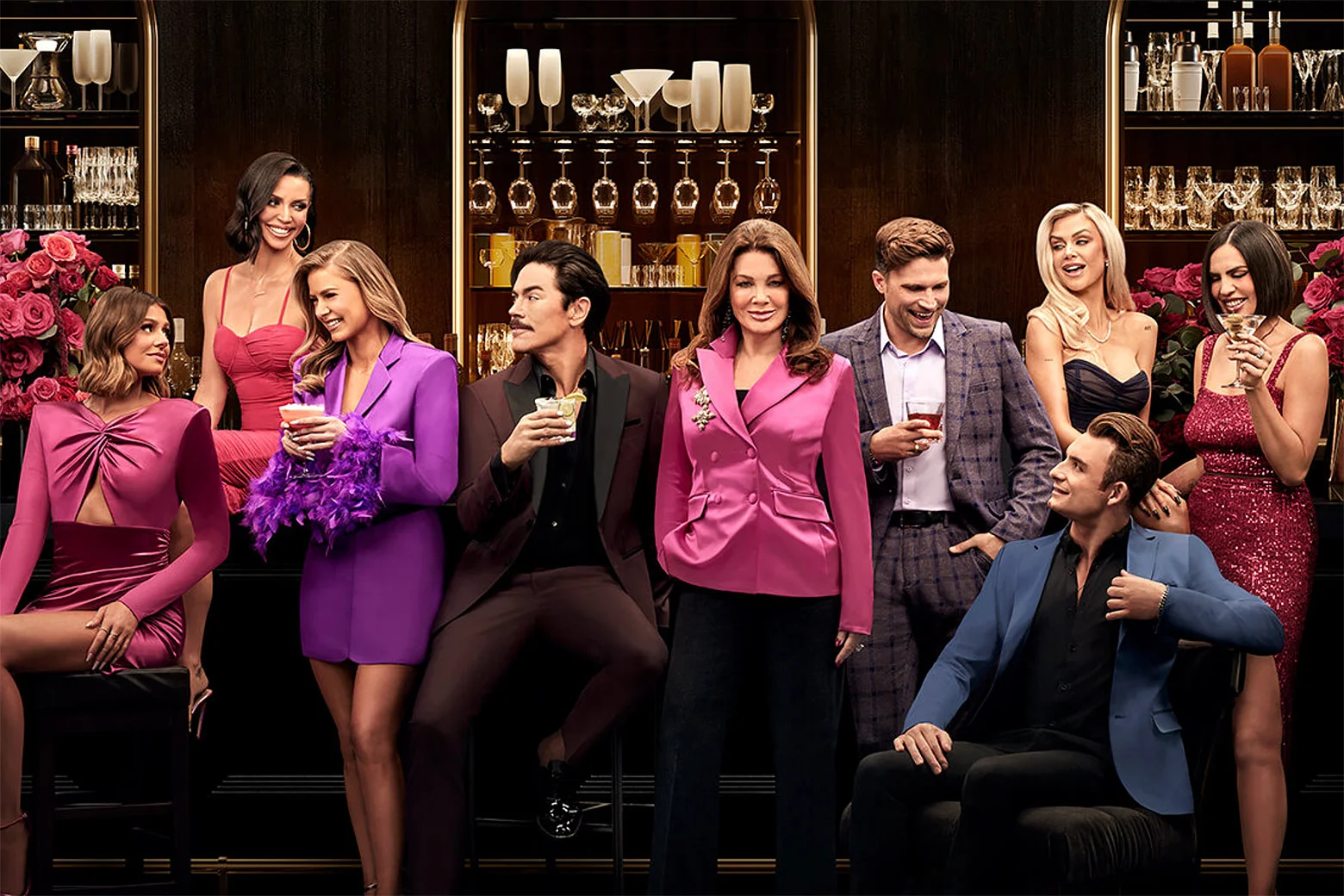In 1792, when Mary Wollenstonecraft sat down to write her seminal tract on why women deserve rights, A Vindication of the Rights of Women, it caused shockwaves around the world and is still debated and referenced to this day, over two hundred years later. We anticipate that this article defending the integrity of those who religiously watch reality television, whilst also playing some form of New York Times word game on their phone, will have the same impact.
This article will be addressing television shows that fall into the category of ‘structured reality’. While reality television denotes anything that captures a person’s ‘reality’, such as their reaction to an unexpected prank or a documentary of a sportsperson preparing for a big race. Structured reality pertains to the specific and incredibly high-brow genre of shows that emerged in the blessed year of our lord 2004 where God granted us what was the gift of Laguna Beach, may it rest in peace. In a structured reality television show, the cast members are brought together and placed in situations specifically for the purpose of the show, much like an English Literature open module class in which exclusively Arts Block girlies signed up to being held in a smelly room of the Hamilton basement. The situation is fundamentally engineered and inorganic but the reactions to the situation genuine.
The genre of structured reality television has radically put women’s lives at the forefront. Everything from pregnancy to grief has been captured on camera. The good, the bad and the ugly of the female experience. In the series one finale of The Real Housewives of New Jersey, Teresa Guidice infamously shouted at Danielle Staub that she was a “prostitution w***e” who was “engaged 19 times, you stupid b***h!” before flipping a table laden with the finest Italian cuisine that the great state of New Jersey had to offer. Teresa was then physically restrained by her husband who confessed later being turned on by this display of female rage, whereafter the couple snogged gregariously for the cameras.
Admittedly, conversations often fail the Bechdel Test and episodes are liable to strategic editing before reaching audiences, however, these legitimate criticisms should not negate the good done by the genre. Reality television has facilitated a seismic shift to involve women in the telling of their own stories. Rarely has the female psyche taken centre stage like this. Genuine reactions are embraced instead of dismissed. Tears, for example, are rightly a show of sadness, rather than hysteria. As women’s emotions play out over the course of the forty-five-minute-long episode, their vulnerability cannot be questioned.
A common prejudice defenders of the genre often face is the misconception that what is playing out on screen is not, in fact, “real”. However if we take a walk down the road of reality television past very real situations have been caught on camera. In 2015, that same Teresa Guidice and that same husband of hers, Joe Guidice, were sentenced to years in prison each for tax evasion. The Bravo reality television network rewarded the couple’s good work with a spin off show about how the parents coped in prison. They served their sentences one after the other as the care of their children was taken into consideration in their sentencing. How is this not real? What were the couple trying to hide here? Equally, in the last season of Below Deck Australia, a female stew, Margot Sisson (basically a housekeeper for a mega-yacht) was saved from being sexually assaulted by a deckhand (exactly what it sounds like, someone who lends a hand on the outside bits of the boat), Luke Johnson, while unconscious as the producers of the show stepped in when Johnson tried to get into her bed naked. However painful and triggering that episode might have been to watch, there was also an empowering element to it. Seeing a woman be believed for something that is so routinely doubted by men and actually having consequences for the man in question as Johnson immediately lost his job and was escorted off the ship by the Michelangelo-statue-like-hunk-of-a-captain Jason Chambers (absolutely yummy as my mother would purr) is a reality most women are glad at least exists somewhere.
Although initially unorthodox, reality television has acted as a transgressive means through which women can match, and even surpass, the achievement of male counterparts. Nene Leakes, of Real Housewives of Atlanta fame, reportedly made $2.85 million per season at her peak. Other stars from the Real Housewives franchise have raked in similar cheques. Of course salary should not be the only measure of success, but it is gratifying to see women’s contributions to media be rewarded in the same way men have been for years. While shows like Selling Sunset have documented the lives of the fortunate few, a demographic we have all heard enough from, others like Big Brother and Geordie Shore have centred on the everyman and the everyday. Perhaps, HBO would do well to take a leaf from Bravo’s book. An extended and uncensored Vanderpump Rules reunion or another offensive Sam Levinson creation, we know what we would rather watch into the early hours of the morning.








